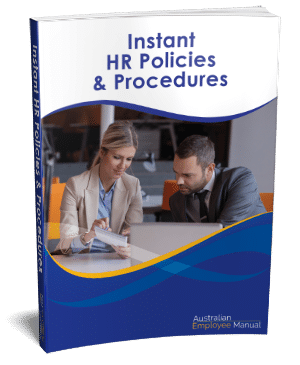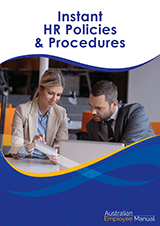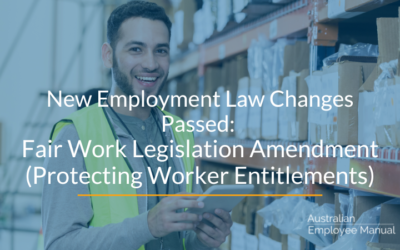The Fair Work Commission handed down a 3.5% wage rise to minimum wages, effective from the first full pay period on or after 1 July.
The new national minimum wage will be $719.20 per week or $18.93 per hour.
The Commission in handing down their decision concluded:
“Compared to the position at the time of the 2016–17 Review, the economic indicators now point more unequivocally to a healthy national economy and labour market. The recent data has shown strong growth in full-time employment together with a high participation rate.”
Some of the key changes to the economy they took into account:
- Full-time employment grew by 3.1 per cent, significantly greater than the 1.0 per cent growth over the previous year.
- Hours worked increased by 3.3 per cent over the year to April 2018 compared with 1.8 per cent a year earlier.
- The age-adjusted participation rate is at a record high, at 66.7 per cent in April 2018, and 0.8 percentage points higher than one year before.
- At 77.2 per cent, the employment to population ratio for persons aged 20-64 years, reached a historic high in December 2017.
- Strong contributions to gross domestic product (GDP) growth from non-mining business investment and household consumption.
- Business conditions are generally robust. Profits grew by 4.3 per cent in 2017 and by 5.8 per cent in the non-mining sector. Survey measures of overall business conditions are at their highest levels since the global financial crisis.
- Inflation and wages growth remains
- The economic forecasts from the Australian Government, as presented in the 2018–19 Budget, the RBA and the International Monetary Fund all point to improving economic conditions.
They also said:
“The level of increase we have decided upon will not lead to undue inflationary pressure and is highly unlikely to have any measurable negative impact on employment. However, such an increase will mean an improvement in the real wages for those employees who are reliant on the NMW and modern award minimum wages and, absent any negative tax transfer effects, an improvement in their living standards. We acknowledge that the compounding effect of increases over time may have a cumulative effect which is not apparent in the short term. We will continue to closely monitor this in future reviews.”
What you need to do now:
- Register for email updates from the Fair Work Ombudsman so you can be informed of the new pay rates when they are issued.
- Alternatively, get the latest pay rates and allowances from the Pay Calculator
- Review the wage rates, penalty rates and overtime rates of every employee in your team.
- For those paid minimum award rates, you need to adjust to the new wage rates from the first full pay period after 1 July.
- For those paid above the award rates, check that they are not disadvantaged by any rolled up allowances/overtime that you may have taken into account with their over-award rates. Remember, no employee can receive less than the base entitlements covered in the award.
This is a great time to go back over your end of financial year payroll tasks to ensure you tidy up loose ends and have clear preparation for the new financial year.




